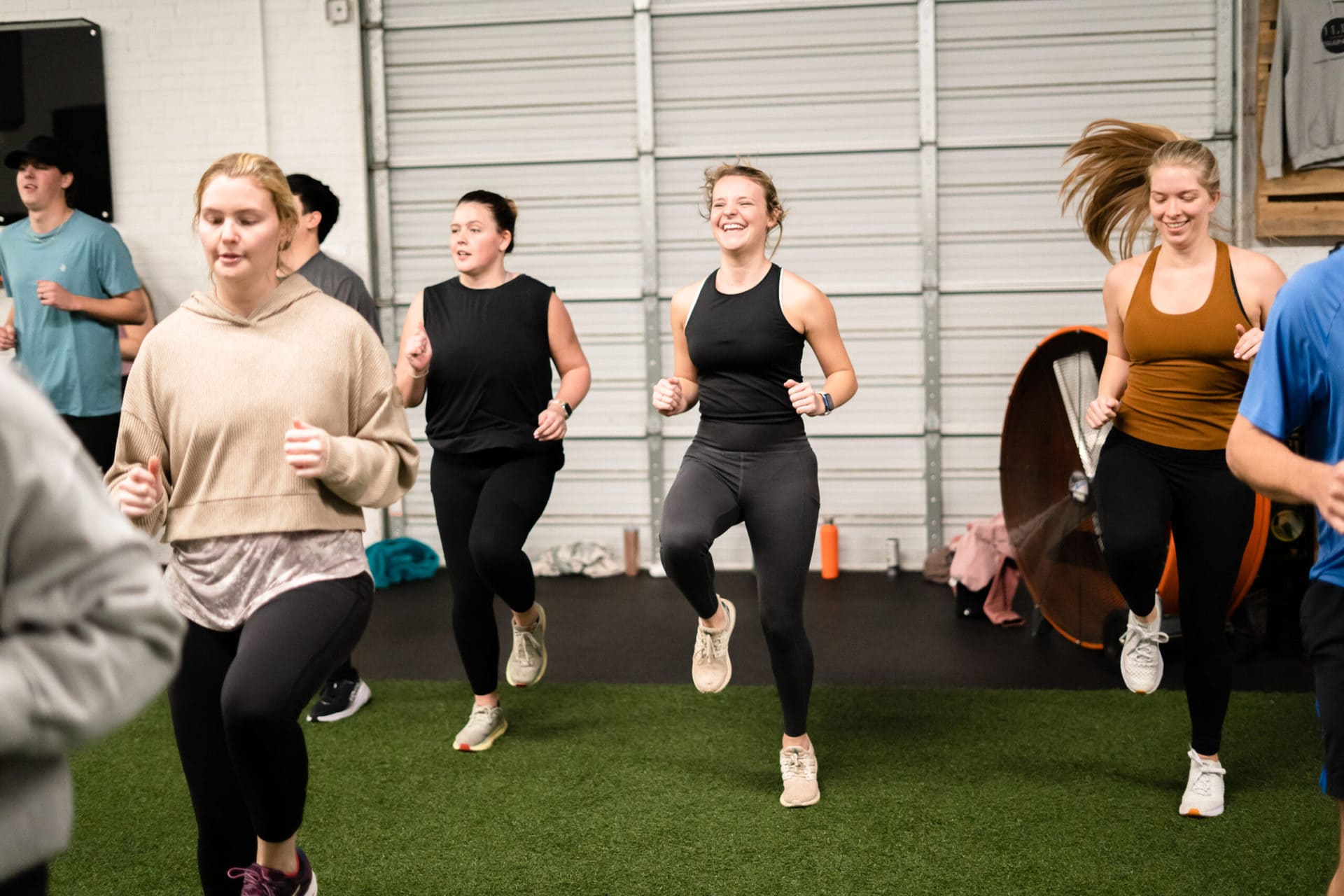Did you know that personality can influence the way we workout and how likely we are to adhere to a workout regime? Exercise professionals have been incorporating personality tests into workout assessments to determine the best way to coach a client, as well as constructing a program that the client will adhere to.
There are 5 main traits that are tested. Neuroticism, extraversion, openness, agreeableness, and conscientiousness. Positive scores in neuroticism means the individual may be emotionally unstable, anxious, self-conscious, and/or vulnerable (1). Positive scores in extraversion tend to reveal that the individual is sociable, assertive, energetic, seeks excitement, and is positive (1). Those with positive openness scores mean they are creative, reflective, generous, and think outside the box (1). Positive agreeableness scores mean the client is trustworthy, kind, cooperative, generous, and altruistic (1). High positive conscientiousness scores indicate an organized, self-disciplined, driven, and achievement-oriented person (1).
So, how does an exercise professional program based on client personality results? Those with high positive neuroticism scores usually have mindfulness work incorporated into their workouts to improve self-efficacy and adherence (1). Those with high positive extraversion scores tend to do well in HIIT group classes (1). Those with high positive openness may prefer hiking or Mud Runs (1). Those with high positive agreeableness scores are open to any type of exercise, but may neglect to inform their trainer if they feel any pain while exercising (1). Those with high positive conscientiousness scores are able to set goals and follow exercise programs without guidance more than someone with high negative conscientiousness scores (1). Conducting personality tests prior to starting an exercise program can help the exercise professional to build rapport with the client, and increase adherence.
Although the relationship between personality and exercise adherence is still being researched, it is obvious that certain traits set clients up for success more than others. It is crucial to understand how your personality may be resulting in unnecessary barriers to success. Yet personality does not make or break your ability to reach fitness and health goals… With the right exercise professional, adherence to a program can be made fun and easy, while still being catered to the individual.
Citations:
1. Newsome AN, Kilpatrick M, Mastrofini G, Wilson K. Personality traits and physical activity: Helping exercise professionals maximize client outcomes. ACSM’S Health & Fitness Journal 2021;25(4):12–8.

